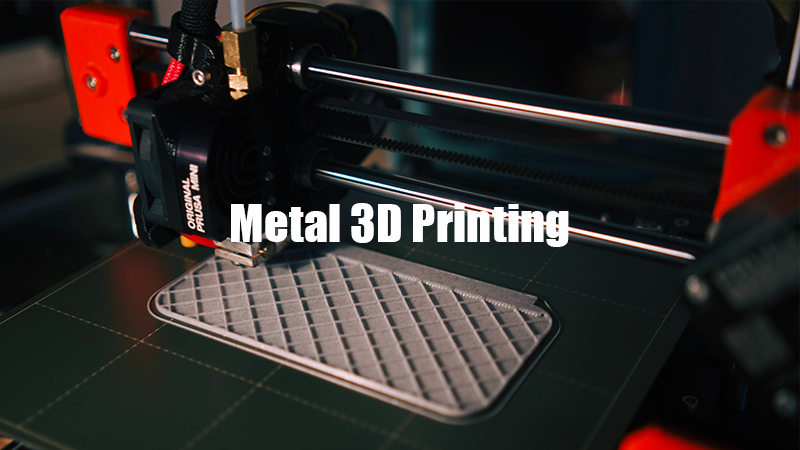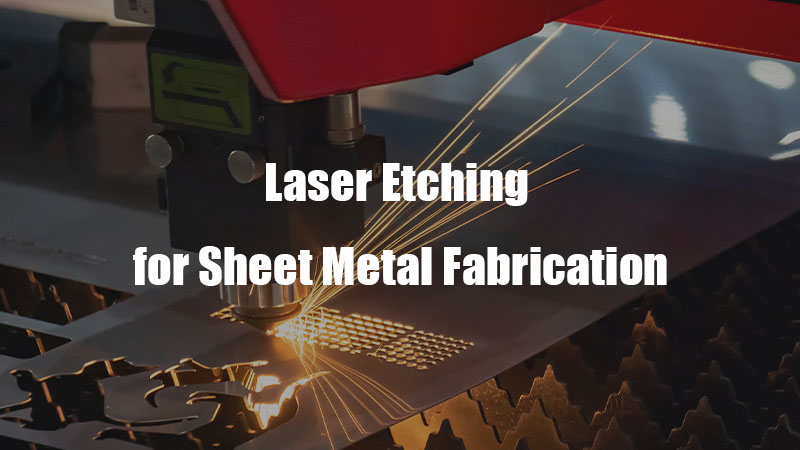If you want to get the best titanium alloy for any industrial application, but there is a little confusion about the type, you must read this guide.
We are explaining everything you are looking for about the specifications of titanium alloy. Whether you want to learn how to identify the types of titanium alloys or their applications – all the information you are looking for is right here.
Let’s dive right in:
Alpha Titanium Alloys (α-alloys)
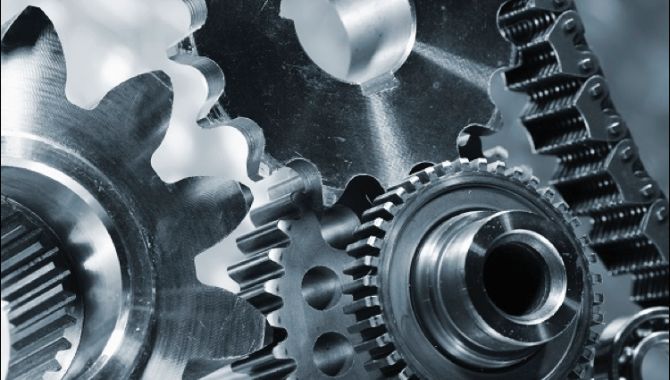
Titanium alloys are composed of neutral elements such as tin. Some alpha-phase stabilizers may include aluminum or oxygen. Apart from oxygen, iron and carbon may be present in these alloys but in the form of impurities.
These alloys are single-phase and do not alter their structure with temperature. Even at 600 ℃, these alloys can maintain their strength. That’s why alpha alloys are the most stable alloys. among other titanium alloys. These alloys exhibit high oxidation resistance and strong wear resistance.
Alpha titanium alloys are exceptionally non-treatable to heat, just like pure titanium, but differ from pure titanium because of the oxygen content. The oxygen content enhances the strength but reduces the ductility of the alpha alloys.
Because of their excellent machinability, these alloys are used in the manufacturing of processing equipment in the chemical industry. Alpha titanium alloys are used in the aerospace industry to make aircraft parts. Many engineering industries use the same alloy to make multiple parts for different purposes.
Near Alpha Titanium Alloys

This alloy consists of alpha and beta alloys. These alloys contain mostly alpha-phase stabilizers with 1–2% beta-phase stabilizers. The beta-phase stabilizers may include molybdenum or vanadium.
If you want titanium alloys that can work under 550ºC, alpha titanium alloys are the best choice, as they are known as high temperature alloys. These alloys have high strength because of alpha and beta element combinations, making them applicable at the highest temperatures.
Beta Titanium Alloys (β-alloys)
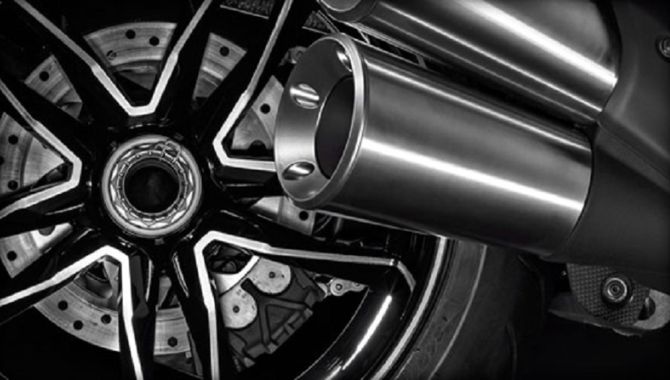
Well-known single-phase titanium alloys are actually beta titanium alloys and consist of β-phase solid solutions. These alloys have high strength before heat treatment. Beta alloys’ room-temperature strength can reach 1666 MPa. The strength of beta alloys is increased when quenched or aged. During quenching, their beta phase is maintained due to the presence of a sufficient beta-phase stabilizer.
The thermal stability of beta alloys is lower so they cannot be used for high-temperature applications. However, these alloys are corrosion-resistant and ideal for use in weldable appliances. Beta alloys are solution-treated, and in this case, they exhibit excellent formability. These alloys are suitable for sporing.
Alpha and Beta Titanium Alloys (α+β-alloy )
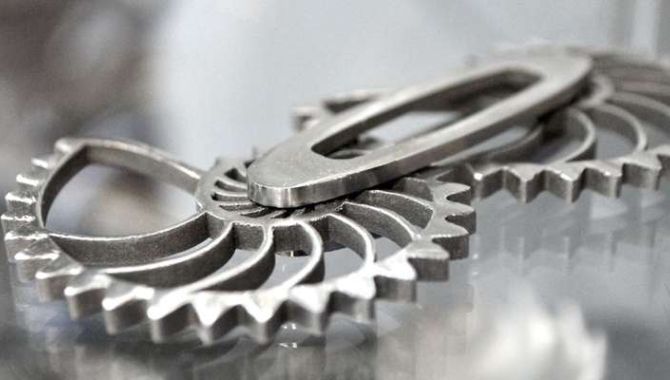
These alloys are commonly known as two-phase titanium alloys. The tensile strengths of these alloys range from 620 to 1250 MPa. The strength of these alloys is increased by 50–100% after heat treatment. The thermal stability of these alloys is even greater than that of alpha titanium alloys.
Α+β-alloys have properties like structural stability and high-temperature endurance just because of alpha and beta stabilizer’s combinations. Therefore, they are usable for a long time under 500° C.
These two-phase alloys are good in toughness and plasticity, which is why they can be processed by hot pressure, quenched, and aged to strengthen the alloy. These alloys are used in thermomechanical and heat treatment procedures in different applications because of their unique properties.
Properties of Different Titanium Alloys
| Titanium Alloy’s Properties | |||
| Alpha Alloy | Alpha-Beta Alloy | Beta Alloy | |
| Density | 4.31–4.84 g/cc | 4.25–4.84 g/cc | 4.24–5.06 g/cc |
| Tensile strength | 480–1070 MPa | 680 – 1410 MPa | 290 – 1520 MPa |
| Melting Point | 1540 – 1710 °C | 1570 – 1700 °C | 1550 – 1750 °C |
| Modulus of Elasticity | 91.0–125 GPa | 100 – 126 GPa | 63.0 – 186 GPa |
| Thermal Conductivity | 4.15–13.0 W/m-K | 6.10 – 10.9 W/m-K | 6.20 – 8.70 W/m-K |
| Hardness, Rockwell C | 15.0–36.0 | 30.0–44.0 | 30.0–50.0 |
Different Alloys on the Base of Yield Strength
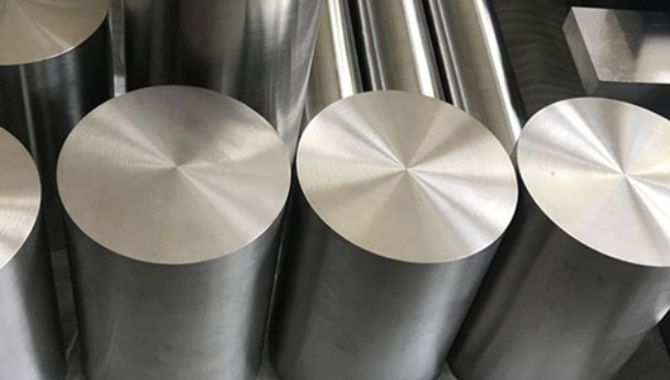
If your purpose is to get a titanium alloy for any design purpose, then you should be aware of their strength, so you can easily select one. You can get five options for titanium alloys based on their yield strength.
- There are low-strength titanium alloys that have yield strengths of 500 MPa or lower than it. Therefore, these are used to make materials that require moderate strength.
- Some titanium alloys have yield strengths between 500 and 900 MPa and are known as moderate-strength titanium alloys.
- Next, medium-strength alloys have 900-1000 MPa yield strength; therefore, you can use them for critical purposes. Medium strength titanium alloys are used for high-corrosion-resistant applications as well as where high-temperature endurance material is required.
- The titanium alloys that have 1000 and 1200 MPa strength are known as high-strength titanium alloys. These alloys have exceptional properties, such as corrosion resistance and creep resistance. Because of these properties, they are ideal for manufacturing aircraft parts and medical implant equipment.
- The titanium alloy’s tensile strengths exceed 1200 MPa. These alloys are much more expensive than other types, and are used where high tensile strength is required, like in jet engines, rocket motors, spacecraft, and nuclear reactors.
How do I Identify Titanium Alloy?
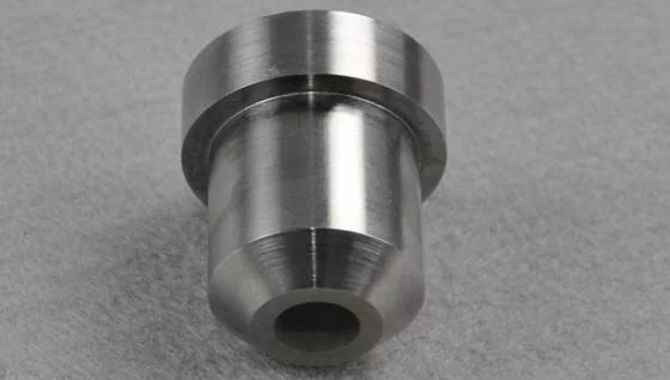
Heating is a factor that can distinguish the type of titanium alloy. When heated in an electric furnace at 800 degrees Celsius or more for solution treatment, the alloy’s responsive color can mark its type.
- The alloys, which can’t change their phase, do not respond to heat treatment as well. Therefore, these alloys can be stress-relieved and annealed.
- Alpha-beta alloys express large structural changes under or above their transition temperature. These alloys are known as heat-treated because their composition, sizes and distribution of phases change under specific heat. That is why the properties of the alloys are also altered. Thus, these alloys are used to harden the material.
- Beta alloys can be stress-relieved or annealed, solution-treated, and aged.
Conclusion
Various types of titanium alloy offer unmatched performance in various fields like aerospace, medical, chemical, and engineering industries. Reasons for their applications include good yield strength, temperature endurance, heat resistance, and corrosion resistance.
At Kdmfab, we will help you get the best titanium alloy for your needs—contact us now.



